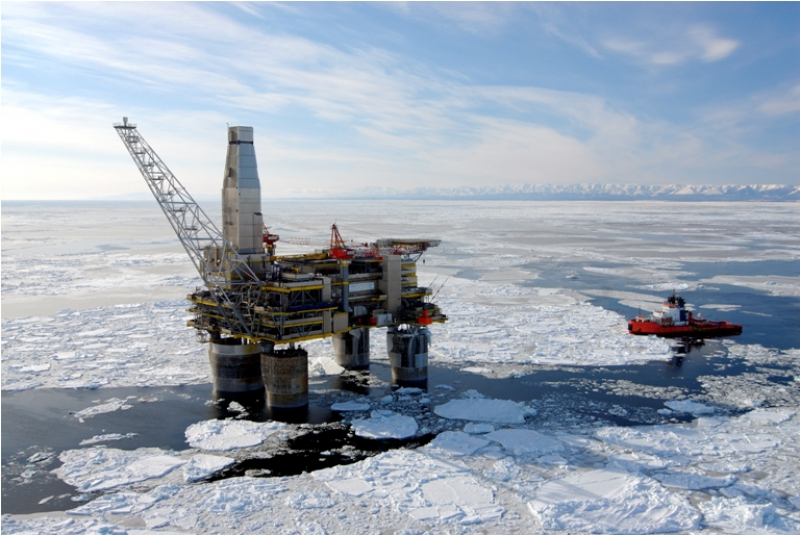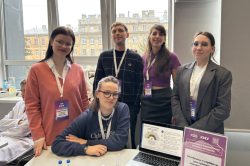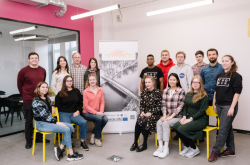The Profinternsips 2.0. project has been organized by the Russia – Land of Opportunity platform and All-Russia People’s Front since 2019. As part of the contest, companies give young specialists an opportunity to try their hand at professional activities by solving cases. Those who successfully complete the tasks can join an internship at the corresponding company. The winners are announced twice a year.
As a result of the fifth season of the contest, Sofia Chubova, a student of ITMO’s Compressed Natural Gas Technologies program, became a winner after successfully solving a case by the company Sakhalin Energy. The task was worded thus: a company’s stockholders would like to launch a new production line for liquified natural gas; what measures will help them increase the company’s market share? The task was to evaluate how attractive such an endeavor will be to investors.
“I chose this case because as a Bachelor’s student, I did an internship at Sakhalin Energy, the oldest and one of the most acknowledged liquefied natural gas (LNG) plants in Russia. So I knew about the plans to launch a new project and tried to calculate its feasibility back in 2020. The contest gave me an opportunity to make use of this work,” says Sofia Chubova.
Sofia suggested the use of DMR technology for natural gas liquefaction. This method is highly efficient at low temperatures and therefore fits the Sakhalin climate. Moreover, the student pointed out the need to change the gas purification system, as gas purchased from third parties can differ from that produced by the company.
The project’s income heavily depends on gas prices. That’s why the suggested solution considered three outcomes: neutral, optimistic, and pessimistic, but in all cases, the project showed a high profitability. Among the prospective countries for cooperation and export of LNG are Japan, China, Vietnam, and India. As for possible risks, Sofia highlighted the decrease of market prices, cutoff of gas supply, and problems with contractors. To minimize these risks, she suggested implementing an improved social package for employees, providing long-term contracts, and cooperating with reliable companies.

Lun-A platform is the first in Russia offshore gas production platform. Credit: http://www.sakhalinenergy.ru/
The company invited Sofia to take a two-week online internship that included daily lectures with specialists. According to her, it felt more like informal communication on professional topics. Right now, Sofia is taking part in a student research project titled Choosing and Justifying a Technology for Editing Thermal and Physical Properties of LNG to Reduce Evaporation Loss during Production, Storage and Transportation jointly with her research advisor. Together, they study the properties of boil-off gas (methane vapor emissions generated during LNG storage and transportation – Ed.).
“Real work is, naturally, harder than any contest, but participating in such events allows you to immerse yourself in a field and see the prospects of its development. That’s why we should encourage students to take part. Contests like this give them an opportunity to solve real practical tasks on their own, which includes analyzing the field and predicting future growth. Such activities prepare students for professional work in their subject area,” says Alexander Baranov, a professor at the Faculty of Energy and Ecotechnology.





